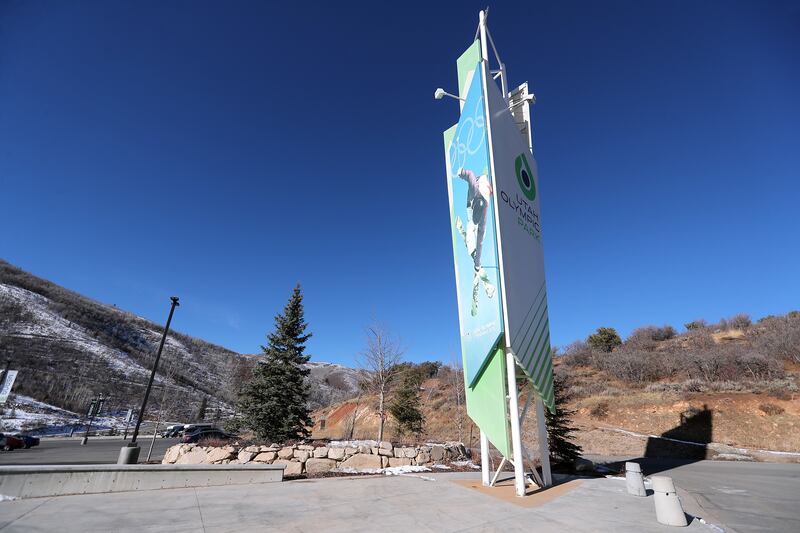Whether it’s in 2030 or 2034, Utah is more ready and capable to host a Winter Olympics than any other place on earth.
The United States Olympic and Paralympic Committee knows this. So, we believe, does the International Olympic Committee. Utah has active venues in place, and still operating, from the 2002 Winter Games. It has demonstrated the fiscal smarts to host the Games while controlling costs. And it has consistent support from the public, many of whom served as volunteers in 2002, helping to keep costs low while providing a friendly, hometown atmosphere to a major international event.
Unfortunately, the Olympics is seldom completely divorced from international politics. IOC officials said recently that the U.S. government’s decision to wage a diplomatic boycott of this year’s Beijing Games to protest China’s human rights record left a “bad feeling” among some members, as did a congressional hearing on Olympic sponsorship by American companies.
As the Deseret News reported, IOC Olympic Games Executive Director Christophe Dubi told a virtual news conference it is important to “have everybody aligned” in support of the host venue, wherever that happens to be.
We trust these ultimately will be minor issues. Unlike the 1980 U.S. boycott of the Moscow Games, U.S. athletes were allowed to participate in Beijing. Diplomatic relations continue between Washington and Beijing.
The other, more relevant concern is that the IOC may be reluctant to stage the Winter Games on U.S. soil only 18 months after staging the Summer Games in Los Angeles in 2028. That might make 2034 in Salt Lake City the viable option.
Either way, Utah is ready and able to put on a great show, as it did in 2002.
As we have said before, the Olympics are fraught with challenges, from unforeseen pandemics to the possible effect of inflation or global recession. But everyday life is also filled with risks and in this case, winning the bid to host another Olympics is worth every risk.
Utah likes to refer to itself as the Crossroads of the West. It is rapidly becoming a global crossroads in both trade and influence, and as an example of managing diverse interests to the benefit of mankind.
For example, the international spotlight focused on World Trade Center Utah and on Utah Valley University recently when they hosted an international summit on U.S.-China relations that attracted some of the best thinkers on the subjects of economic, political and security interests. The Silicon Slopes area of the Wasatch Front is already a center of innovation and new ideas, recently attracting Apple CEO Tim Cook to a summit meeting of the state’s leading entrepreneurs.
In 2002, northern Utah was the focus of the world for 17 days. An international audience saw its culture, its beautiful landscape and its friendly and helpful people. Mitt Romney, who guided those Games with the strong assist of Fraser Bullock as COO, was able to host a splendid Olympics in 2002, less than six months after 9/11. Romney, now a U.S. senator, asked for 25,000 volunteers and received 50,000. Less than 1% of those who signed up to help dropped out during the Games, and many raised funds to provide better equipment for Paralympic athletes.
By 2030, and certainly by 2034, a generation will have passed since those days. The state’s fast-growing population already has added a million people since 2002 — people who didn’t experience what that celebration was like. A new set of Utahns would get the chance to experience the magical transformation that took place along the Wasatch Front as the world descended.
The world should have little doubt that Utah is a prime venue for Olympic competition. Neither Utah nor the IOC can control the outside variables that seek to impose themselves on the games. But Utah’s ability to rise above challenges and stage a successful event that brings honor to itself and the Olympic movement should be beyond question, whether it is given that opportunity in 2030 or 2034.

